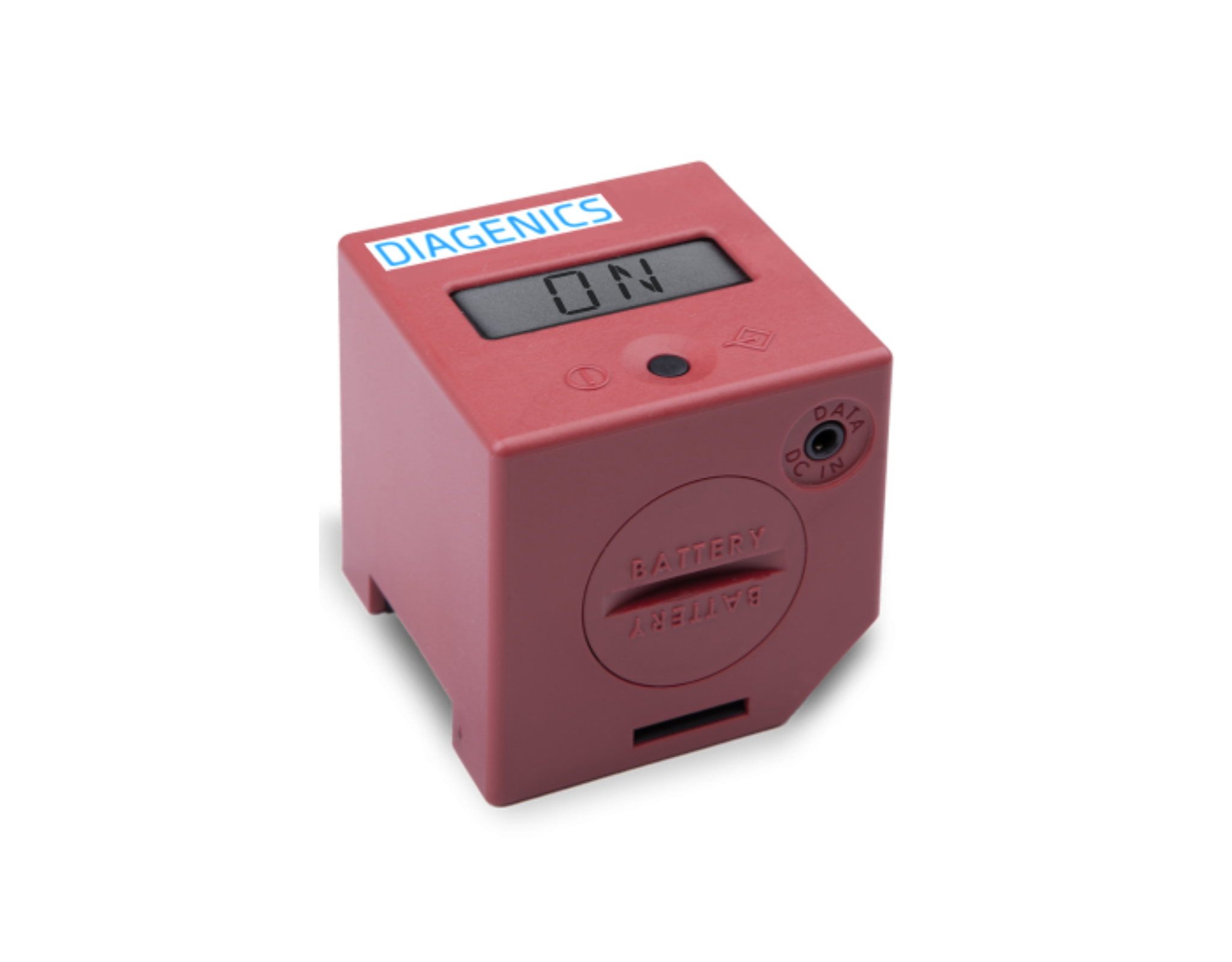ELISA
Laboratory test for the early detection of myocardial infarction/ACS

Planned in the near future.
The Diacordon ELISA laboratory test system is manufactured by an ISO-certified contract manufacturer.
Planned in the near future.
Know your heart
The enzyme GPBB enters the bloodstream when myocardial ischemia, i.e. an insufficient supply of oxygen to the heart, occurs. Such ischemia leads in the long term to necrosis (cell death) of the affected cells and/or ultimately to infarction. The detection of GPBB in the blood therefore provides information about the course of coronary syndrome (including unstable angina pectoris) and heart attacks. It thus makes a decisive contribution to the diagnosis of heart attack patients.
Pre-existing heart markers, such as Myoglobin and Troponin T, which contribute to the diagnosis of myocardial infarction and are routinely tested, have significant disadvantages: Myoglobin is not heart-specific, it can also be measured after damage to the skeletal muscles or in acute kidney failure and is therefore not clear. Troponin, on the other hand, is heart-specific but can only be detected in the blood three to six hours after the first symptoms. Since troponin is a necrosis marker, irreparable damage to the heart has already occurred at this point.
GPBB is both heart-specific and detectable at an early stage, namely within the first hour. Especially in the case of acute coronary syndrome, this is a decisive advantage, as a quick and accurate diagnosis can save lives.



